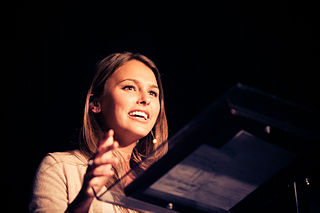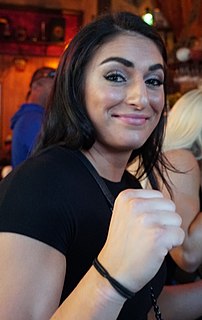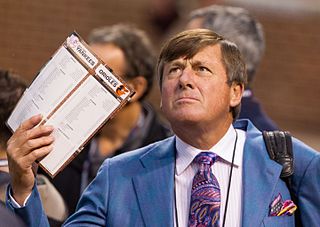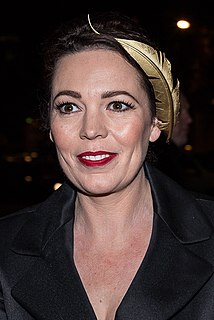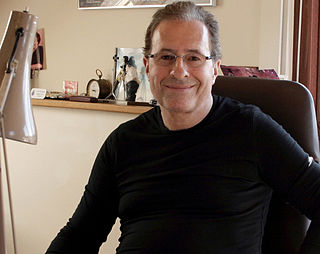A Quote by Yael Cohen
StandWith has two main functions: first, updates which allows the caregiver to send out patient updates to their community in a simple way that eliminated dozens of texts, emails and calls. The second is tasks. A caregiver can request a task to be fulfilled and their community can self-select which they complete based off their abilities and means.
Related Quotes
The virtual community? The word virtual does not mean "virtue." It means "not." When I go to the store and they say: The shirt that you brought in is virtually done. It means it is not done, in the same way that the virtual community is not a community. There is no commitment there. When you log off, you are not a member of it anymore. My flesh and blood community, the sense of knowing my neighbor, knowing the guy across the street, having dinner with the people down the block, getting along with each other and making compromises, that's a genuine community with a commitment.
The intellectual tradition of the West is very individualistic. It's not community-based. The intellectual is often thought of as a person who is alone and cut off from the world. So I have had to practice being willing to leave the space of my study to be in community, to work in community, and to be changed by community.
Let's just say my phone blew up when I came out on global television. The only people that knew were my immediate family members and my closest friends, maybe like three of them. So you can imagine how many texts and emails and Facebook messages that I got after coming out, most of which were very supportive from the LGBT community.
In 1974 when I was 22 years old, I was working for $95 a week at WSPB, which was an Atlanta Braves-affiliated AM radio station in Sarasota, Florida. Fresh out of Northwestern University, I was the news director at the station, and my main bread and butter was to handle updates during the morning and afternoon drive times.
I grew up in north Norfolk, which certainly used to have an enormous sense of community. There are more and more second homes there now, so I'm not sure how that has damaged it. But where I live in South London, there is a beautiful community; it's the friendliest place I have ever lived, which comes as a surprise to non-Londoners.
If you are an American Muslim, you live in a community that is really struggling to get its feet off the ground. We're a very young community, so to speak, institutionally and otherwise. The way in which we're portrayed it's like we're the empire from Star Wars and the truth is that we'd be lucky to be the Rebel Alliance.
One of the anomalies of modern ecology is the creation of two groups, each of which seems barely aware of the existence of the other. The one studies the human community, almost as if it were a separate entity, and calls its findings sociology, economics and history. The other studies the plant and animal community and comfortably relegates the hodge-podge of politics to the liberal arts. The inevitable fusion of these two lines of thought will, perhaps, constitute the outstanding advance of this century.
